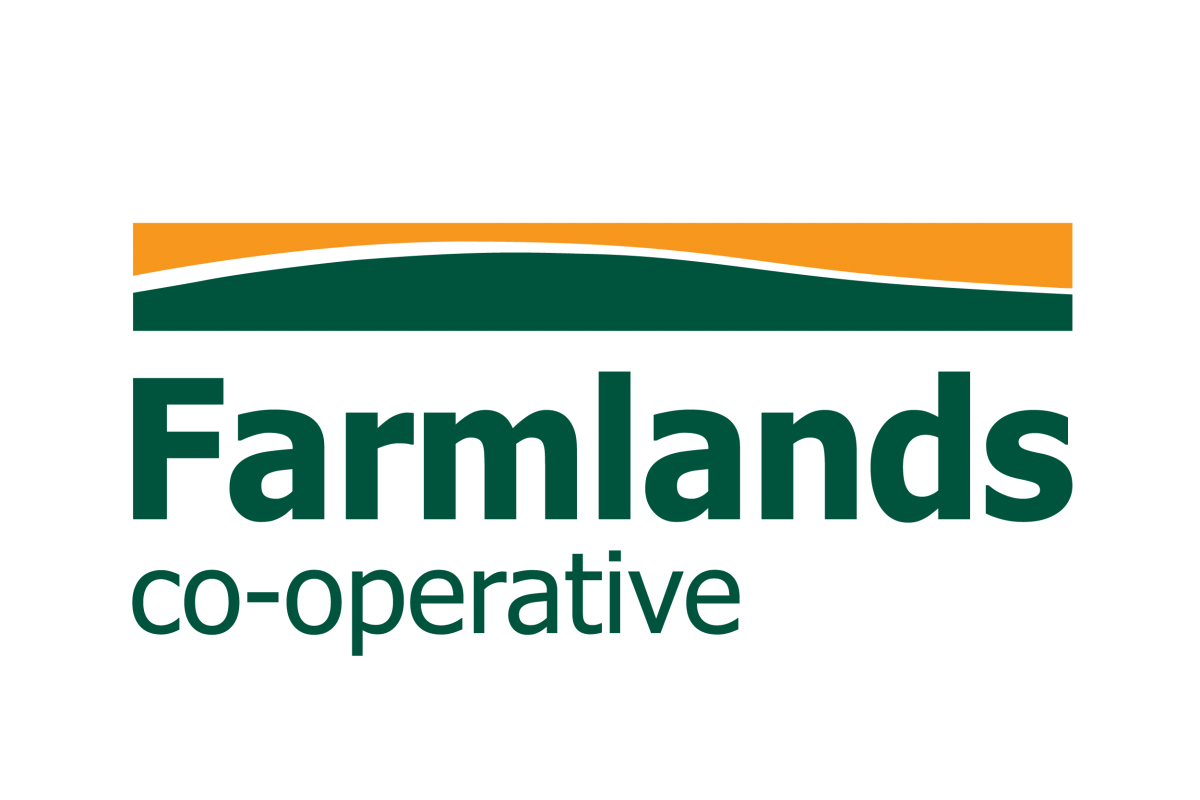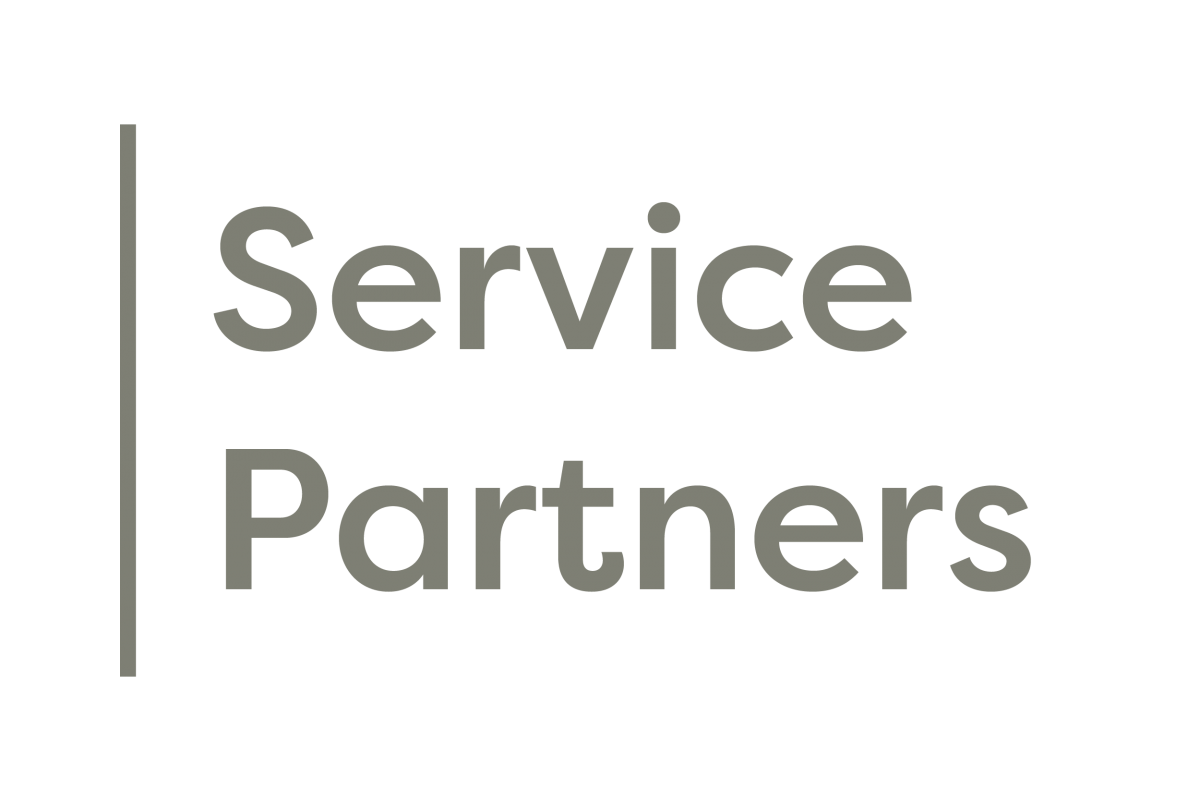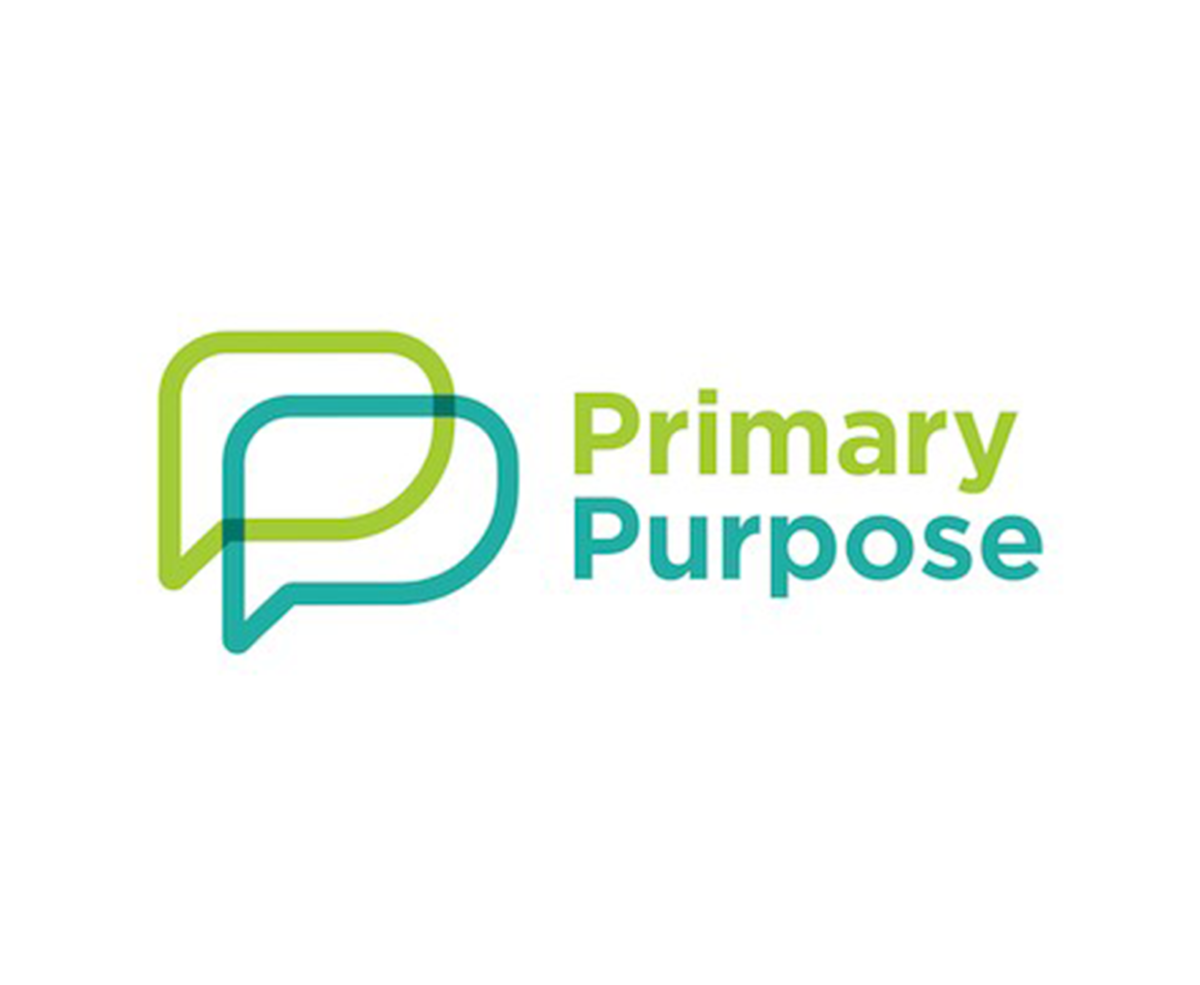Executive summary
A Professionalism shortage in governance, more and more organisations are beginning to expect more professionalism, from potential candidates. Although this might be the case there may not have been enough done to clarify and support the transformation. Every year thousands of people volunteer their time in leadership roles throughout the primary industry, yet there is no cross industry information to provide a pathway for these individuals to allow them to take their next step in governance and leadership
This feasibility study and research asks the question:
“Where do you go find the relevant information to get involved in the various governance roles in the volunteer based rural organisations?”
My project looks at the feasibility of a website concept that rural industry good/Non-profit organisations can use as a platform to promote the leadership pathways available within the organisation that shows short job descriptions and information on how to get involved from an entry level to high level of governance.
A one stop shop website of information on what is available to the up & coming leaders of tomorrow wanting to make a difference in the rural communities of New Zealand.
The areas of research to complete this paper have used the following methods
- A Literature review, to gain understanding of current used of leadership pathways and opportunities
- An online survey promoted via Facebook and email targeting people involved in the primary industries tounderstand their method of finding information relevant to my question.
- Case Study interviews that were held face to face and via email and phone, to gain an understanding howthese particular organisations promote their leadership pathways currently.
A key finding through the process of the online survey and case study interviews, found that the primary industries in the Non-profit and Industry good sector, who may rely on governance structures and people coming through to fill these roles. Haven’t consider the role that the internet and Social media can play to
advertise and show the leadership opportunities to the future leaders looking for their next step in the governance ladder. And so could be missing the oppotunity to engage this particular generation which we call the “Millennials”.
By having clear and concise information in which the “Millennials” (Researchers Neil Howe and William
Strauss defined as those born in 1982 and approximately the 20 years thereafter) crave, to collectively to tell these Future leaders the opportunities available. We can look to change the way we engage and fill these vitally important positions on the various rural governance groups in New Zealand.
![]() Primary onnections: Leadership Pathways within Rural Organisations – Casey Huffstutler
Primary onnections: Leadership Pathways within Rural Organisations – Casey Huffstutler


























